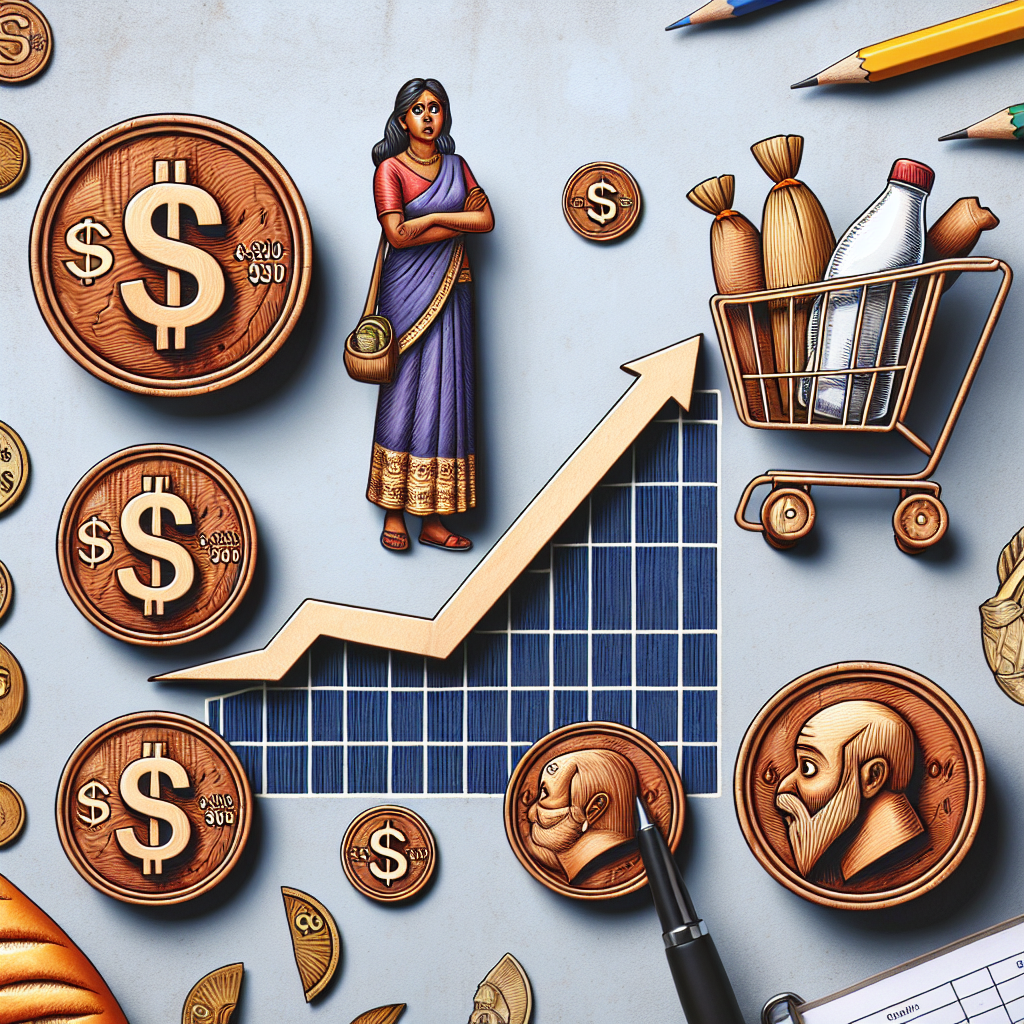Argentina's Inflation Battle: Milei's Austerity and Economic Turmoil
Argentina's inflation, although slowing slightly, remains one of the highest globally, posing challenges for workers facing unchanged salaries. Libertarian President Javier Milei's austerity measures, aimed at controlling inflation, have intensified economic hardships, causing rising poverty and sparking protests due to subsidy cuts and vetoed spending measures.

Argentina is grappling with a severe inflation issue, ranking among the highest worldwide. Inflation has started to decelerate, yet workers see little relief as salaries remain stagnant while essential goods' prices soar. The government's recent subsidy cuts exacerbate the economic strain on the public.
President Javier Milei has undertaken significant austerity measures, impacting sectors like energy and transportation. The inflation rate stood at 209% annually in September, with signs of slowing to 3.5% month-on-month. However, poverty levels have surged to around 53%, illustrating the profound impact of Milei's fiscal policies.
Despite some decreases in food price inflation, utility costs have surged. Recent data reveal that costs for essentials like water, power, and gas have significantly risen. Milei's economic strategies, including currency devaluation, have stirred unrest among various social groups, as demonstrated by recent protests and legislative controversies.
(With inputs from agencies.)
ALSO READ
Milei's Chainsaw Austerity: A New Dawn for Argentina?
The Role of Inclusive Business in Reducing Poverty and Fostering Sustainability in Asia
Addressing Poverty and Inequality in El Salvador: Strategies for Sustainable Growth
Govt Targets Reduction of Persistent Child Poverty by 2035
Govt should give figures on per capita income of those below poverty line: Akhilesh Yadav in Lok Sabha.










